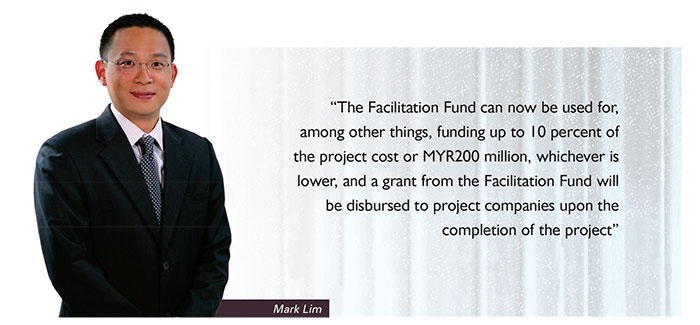 The Goods and Services Tax (GST) at the rate of 6 percent was introduced in Malaysia with effect from April 1, 2015. Introduction The GST has replaced the previous sales tax and service tax of 10 percent and 6 percent respectively which, in comparison, were single-stage taxes imposed on domestic consumption of particular taxable goods and services, calculated on an ad valorem1 basis. The GST implementation is part of the Malaysian government’s tax reform programme to enhance the capability, effectiveness and transparency of tax administration and management. The Malaysian government, therefore, proposed a lower rate of 6 percent as opposed to the previous 16 percent of the combined sales tax and service tax. Understanding GST The GST is levied on the supply of goods and services at each stage of the supply chain, from the supply right up to the retail stage of distribution. Although GST is imposed on each stage of the supply chain, it is not part of the cost of the business product, as GST paid on business inputs is claimable. Registration for GST Only businesses with an annual turnover of over MYR500,000 are liable to be registered under GST. However, those with a turnover of less than MYR500,000 may apply for voluntary registration. The advantage of registering on a voluntary basis is that such businesses may be entitled to input tax credits2 for GST on goods or services acquired. Impact of GST on consumers In addition, the government has also taken measures to ease the burden on society. The measures taken are, namely, to: provide one-off cash assistance of MYR300 and MYR650 to individuals and households; reduce individual income tax rates by between one percent and three percent; and review the individual income tax structures to ensure a more progressive tax structure which includes increasing the chargeable income, subject to the maximum rate of excess between MYR100,000 and MYR400,000. Conclusion |
Endnotes
- Ad valorem tax is a tax imposed on the value of property – the difference between the price of the commodity before taxes and the cost of its production.
- Input tax credit is tax input claimable by businesses registered under GST.
ZUL RAFIQUE & partners
D3-3-8 Solaris Dutamas, No 1 Jalan Dutamas 1
50480 Kuala Lumpur, Malaysia
Tel: (60) 3 6209 8228 / Fax: (60) 3 6209 8221
Email: mariette.peters@zulrafique.com.my
amylia.soraya@zulrafique.com.my
www.zulrafique.com.my
















 Zul Rafique & Partners
Zul Rafique & Partners Dato’ Zulkifly Rafique
Dato’ Zulkifly Rafique




